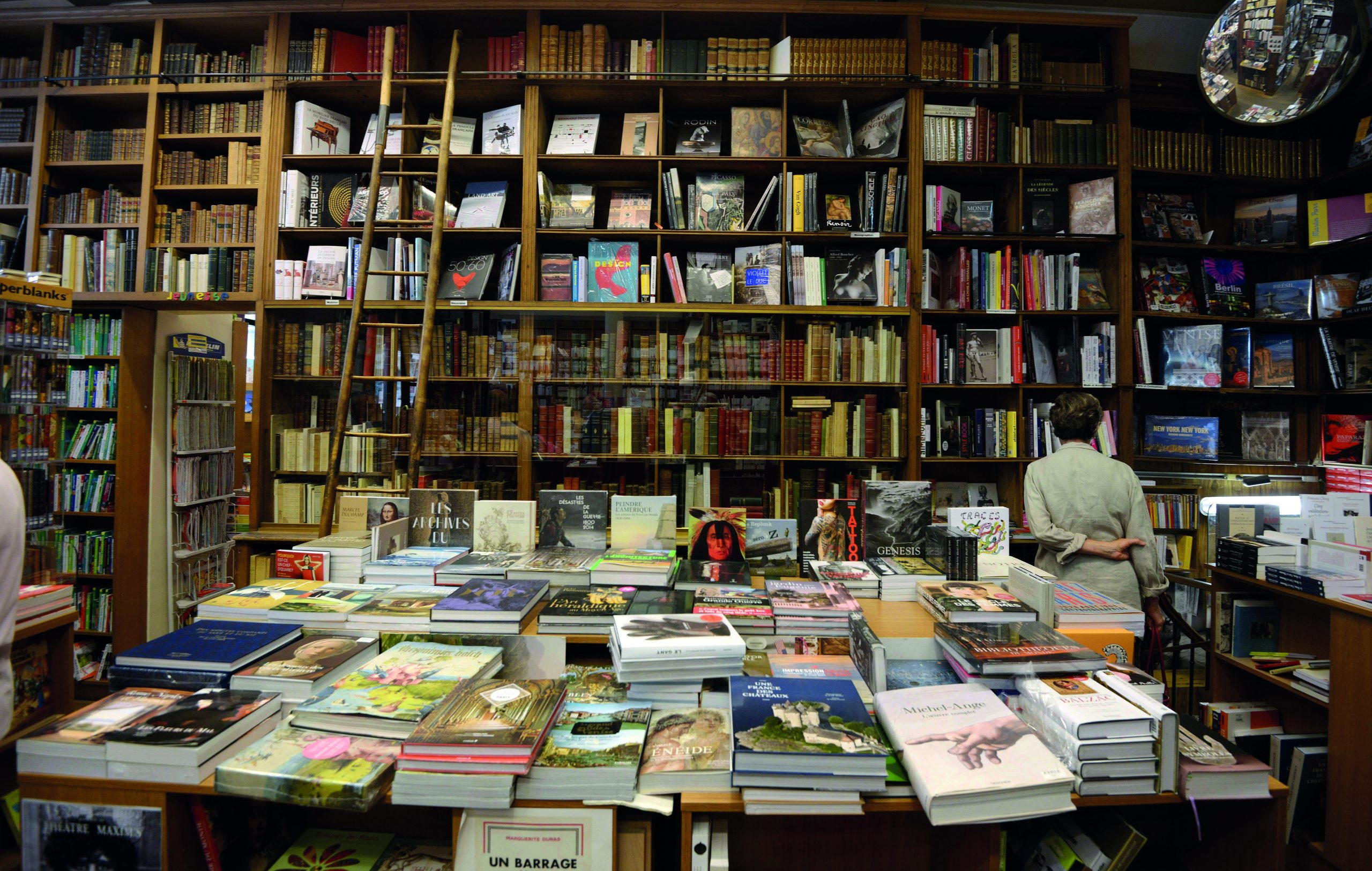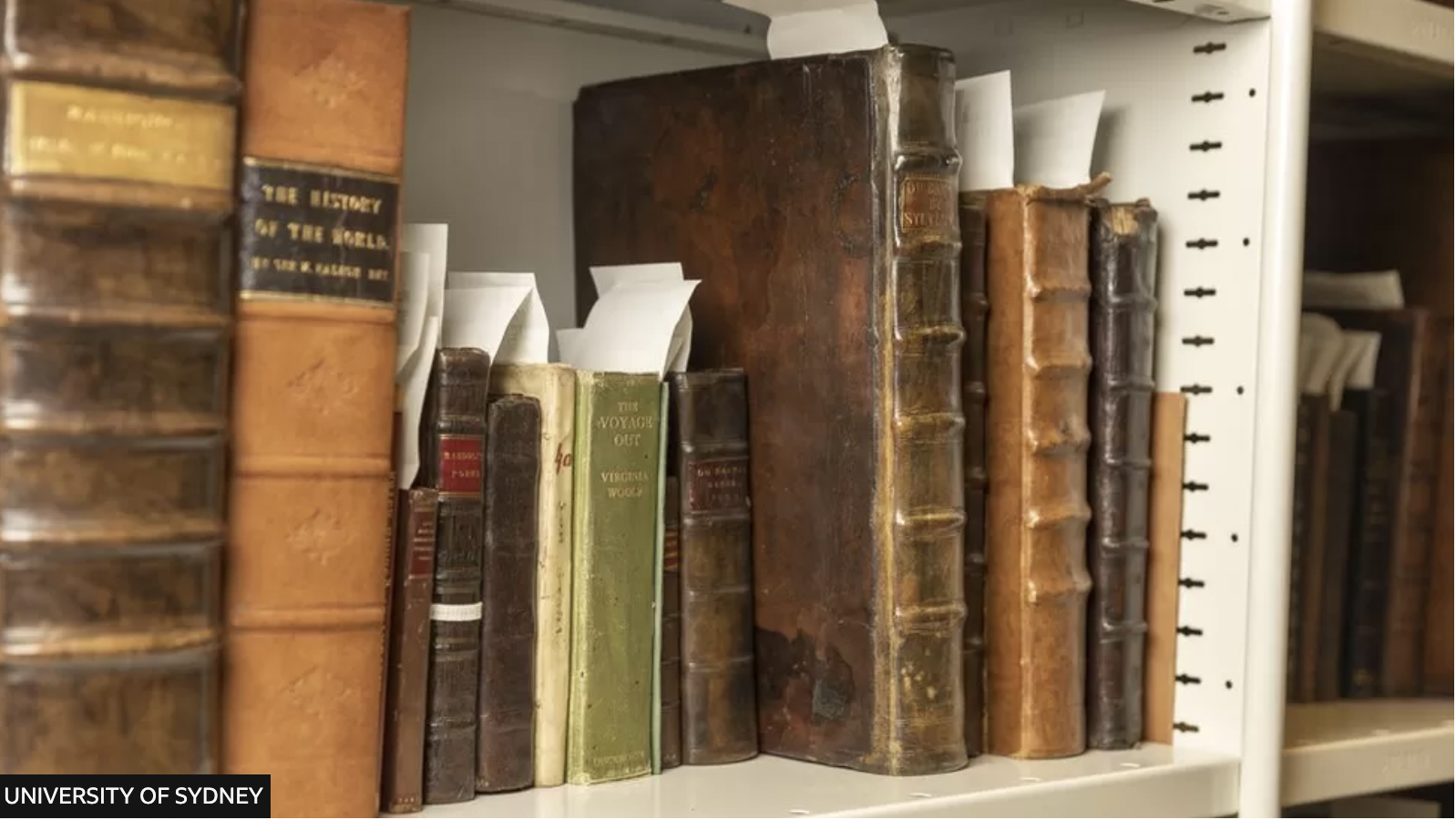During the first week of March, we held meetings with publishers and agencies from all over the world for the Istanbul Fellowship Program, trying to spread Turkish literature to the world while introducing new books to our language. We bustled between tables at the meeting room of a chic hotel, trying to fit the world’s literature into ten-minute meetings. Evenings were spent touring the streets of Istanbul, discovering the beauties and quirks of the city with colleagues and friends from different cultures, who spoke different languages, and with whom we have united in literature. Most of us would hit the road to the London Book Fair a week later.
Then news of the pandemic started to come.
First the London Book Fair was canceled. Then, the lockdowns at home. The process of adapting to this new life slowly began; working from home, new passwords added to our lives, new terms. Quarantne, social distance, zoom, isolation, online meeting… savings, solidarity, creativity.
“Things were not going very well for independent bookstores and secondhand booksellers. The pandemic wounded them severely.”
For those who realized they didn’t need much more than an internet connection and a computer to create and do their job, the transition was relatively easy. We continued to select and publish books. We embarked on social media campaigns, online discounts and initiatives. Really, weren’t the internet sales going great?
But the most important actors of this whole story, on the other hand, were experiencing the pains of a brand-new era along with their existing troubles. Things were not going very well for independent bookstores and secondhand booksellers. The pandemic wounded them severely. While being a bookseller under the shadow of destructive discount stores was already difficult enough, they now had to find new ways to reach readers locked in their homes. At the same time, they had to protect themselves, their crews and their businesses while keeping the doors open.
I have been thinking and working for a long time on the issue of independent bookstores. Over the years, I have met and interviewed many booksellers in Anatolia. We left nostalgia and romance aside and discussed their real issues, real problems and expectations. Almost a year ago, I was part of a group of researchers who published the “Independent Bookstores Report,” one of the most professional studies on the subject to date. Over the course of our research with KONDA Research and Consulting and the Turkish Publishers Association, in-depth interviews were made with 40 independent booksellers from 12 cities between July 31, 2019 and Sept. 2, 2019. The results were analyzed in sections; opinions, suggestions, criticism and comments., Ideas for solution voiced by booksellers were brought together with observations and notes to finalize the report. Today it is accessible in the public domain. It became clear to me that independent bookstores are essential for independent readership and independent publishing, and supporting bookstores means supporting the independence of our cultural realm.
During the pandemic, booksellers around the world sought, and are still looking, for ways to reach the reader through various methods, trials and errors. Some searched for critical support by taking pre-orders for books not yet published or offering gift vouchers and home delivery options. Others found readers in the digital world by strengthening and often re-building their websites… For sure, the most important factor is the incentives and support of the states.
An Inspirational Initiative
At this point, bookshop.org has inspired readers and publishers around the world as a remarkable initiative. The site went live two weeks before the World Health Organization announced that COVID-19 would be classified as a pandemic. Basically, bookshop.org acts as a roof structure for independent bookstores to sell. It carries out some services for independent bookstores which do not have a website and cannot carry out logistics operations. Moreover, it supports bookshop websites instead of Amazon by feeding from various literature sites. The site, where its users can open their own libraries or even their own bookstores, has turned into an island of culture where not only independent publishers are highlighted. All-time classics and underappreciated books are highlighted alongside the best-sellers. The site also shares its revenue with independent booksellers.
“It became clear to me that independent bookstores are essential for independent readership and independent publishing, and supporting bookstores means supporting the independence of our cultural realm.”
Despite these unusual days, I also continued my interviews. I used Kadıköy bookstores as the center and focused on the issues of independent bookstores and second-hand booksellers in the company of writers. With them, we talked about their contributions to our cultural sphere, the readers they shaped, wonderful coincidences, unforgettable encounters, and the years past with books… With the project of the OKUYAY Platform, our focus is the role of the bookseller in the dissemination and preservation of a flourishing reading culture.
It is hard to say ‘when the pandemic is over.’ But when the case numbers begin to ease, it will be a new world. We have already started to take notes for our new life agenda. The bookstores also play a critical role in this. Autograph days, interviews, writer-reader meetings, workshops, activities for children and many more things will return again one day. We need independent bookstores more than ever, as islets of coming together, sharing and creating. Our need for these moments will increase even more in the upcoming days. You ask why?
So Why Independent Bookstores?
If there are independent bookstores, there is culture in a city. We know that the atmosphere created by the bookstore and the chemistry between the city, bookstore, and reader has a positive impact on the latter.
The independent bookstore stands out not only as a sales point, but also as spaces where the youngster or adult can socialize, acquire a sense of book etiquette, have those experiences of delving into, thumbing through, and choosing a book to take home and read.
“Autograph days, interviews, writer-reader meetings, workshops, activities for children and many more things will return again one day. We need independent bookstores more than ever, as islets of coming together, sharing and creating.”
Independent bookstores have a mission in literacy. Moreover, they have undertaken an important objective to serve as islands of culture, as spaces not only for mechanical trade, but also where the bookseller and the reader can connect. Here, books are suggested and shared, conversations on life and literature take place.
Unlike the website or the chain store, the independent bookstore offers a new approach and reservoir of culture and reading to await the reader. This is the story of shuffling shelves, choosing books, reviewing texts, getting to know the authors with the guidance of the bookseller. This is a story of being a book detective.
We know that the books of publishing houses which cannot enter the bestseller lists are circulated through the independent bookstores to reach their readers. There are certain books in chain stores, but and all books can be made available in independent shops. Unlike chain stores, the independent bookstore also keeps secondhand books. This brings different dimensions and encouraging aspects to book shopping, through methods such as barter and book rental.
For an Egalitarian World of Books
Being able to create an atmosphere is unique to independent bookstores. We know that the majority of chain stores are hesitant about making book suggestions, due to various institutional bindings and a lack of experience or knowledge. In this aspect, it is not difficult to conclude that the independent bookstore creates a more democratic and free environment for book sharing.
“Unlike the website or the chain store, the independent bookstore offers a new approach and reservoir of culture and reading to await the reader.”
At this point, the fixed price law appears as a systemic change that most booksellers can agree upon. There are information gaps and there is confusion, and some bookstores express doubts about its applicability. But we know that the main issue in protecting independent bookstores from devastating discounts is the fixed price law. We also know that the studies on the “law for the preservation of written culture” are ongoing.
Bookstores are becoming an element of trust in their towns.
An opinion voiced by many booksellers is that chain stores not only sell books, but also represent and disseminate a certain culture. In this respect, we see that the survival of independent bookstores is of vital importance that will pave the way for diversity, small-scale and alternative publishing, and the continuation of different styles and genres to reach the reader. Independent bookselling can also be seen as a representative of ‘independent readers’ against ‘official bookselling,’ an argument thought to be imposed by major, monopolizing publishers and distributors.
Today is the Day to Take Action
I believe the sustainability of an intellectual environment that will create new readers is directly linked to independent bookstores. So too, is the preservation of diversity in reading and free thinking. “When the last independent bookstore closes, we will read what the media groups deem worthy,” one bookseller noted in a meeting. We need bookstores to maintain and nurture independent readership and independent publishing. The day of independent bookstores is celebrated all over the world every year in the last week of April. Let’s hope we can celebrate it in 2021 with festivities; meeting at the bookstores, ordering that long-awaited book from our local store. It’s time to add independent bookstores to the habits of our new lives. Right now, tomorrow is too late. As Maya Angelou once said, “I always felt, if I can get to a library, I’ll be okay.” In the new life, the motto has changed, or at least should change. My motto is, “If I can get to an independent bookstore, my future will be okay.”







